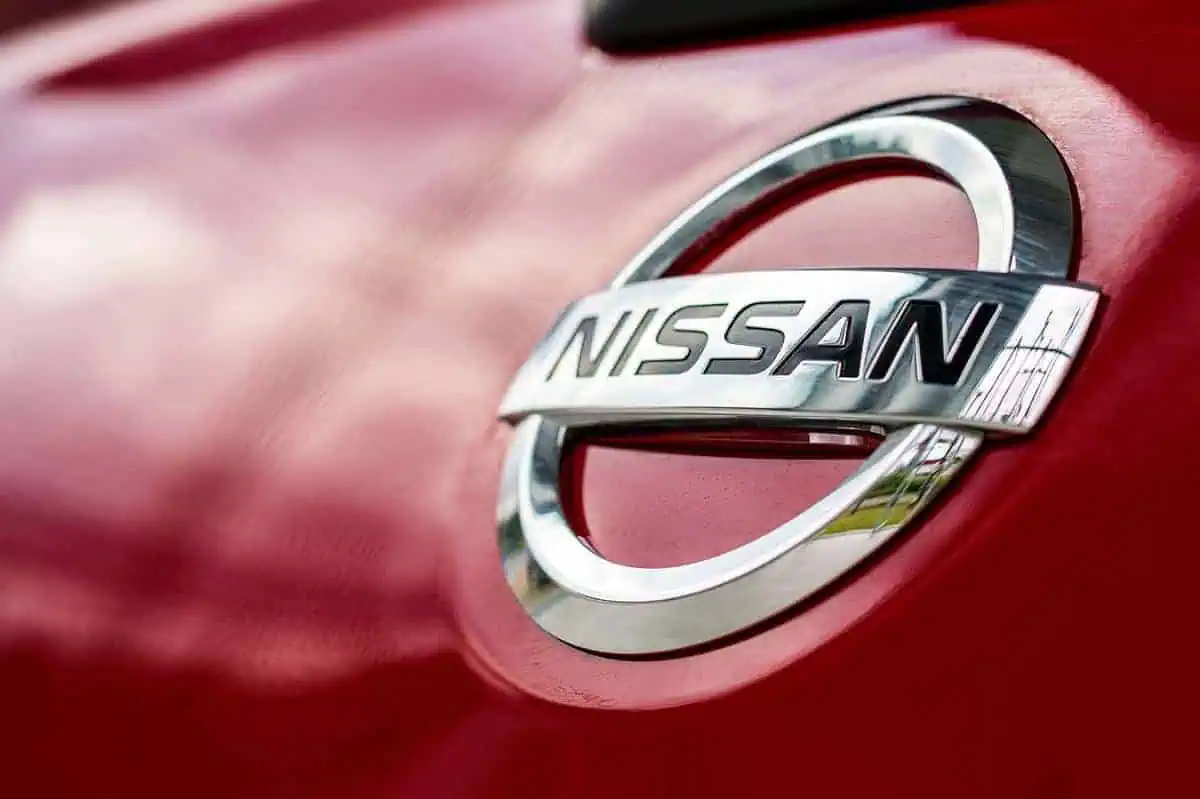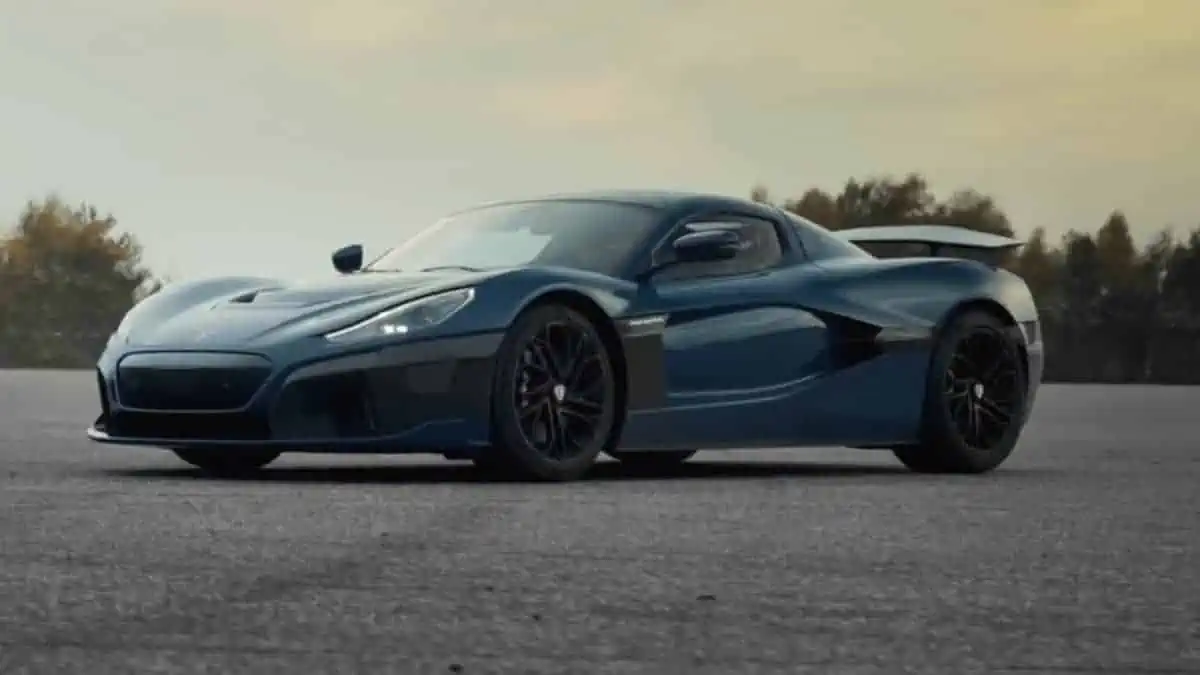Japanese legacy automaker reportedly plans to produce electric vehicle versions of its iconic Qashqai and Juke crossovers with a whopping £1 billion investment in the UK, Sky News reports, citing sources with knowledge of the matter.
Investment details
On Friday, Nissan is expected to announce its plans to manufacture the Qashqai and Juke EV models in Sunderland after months-long negotiations with the UK Government.
The sources stated that investments can amount to £1 billion with major government subsidies. They further claimed on Wednesday that Prime Minister Rishi Sunak and Chancellor Jeremy Hunt were closely involved in the discussions. According to The Guardian, the funding requires the battery production to still happen in the UK.
The proposed project will create numerous job opportunities in the country, adding to the current 6,000 workers in the factory.
About the Sunderland factory
The Sunderland factory is currently the country’s sole biggest auto factory, with a maximum annual production capacity of 600,000 cars.
However, its annual output declined in the past few years due to various factors such as the COVID-19 pandemic, Brexit uncertainty, and supply chain issues.
The factory has produced the petrol-powered Qashqai and Juke models and the Nissan Leaf EV. Notably, Chinese-owned AESC supplies the necessary batteries for the Leaf EV production, which also operates a factory beside the Sunderland facility.
AESC’s battery production
The AESC plant beside the Sunderland EV factory has an annual capacity of approximately 2 gigawatt hours (GWh) of batteries.
It is also developing bigger factories with a target of 9 GWh batteries by 2024. It will gradually reach 38 GWh, sufficiently supporting about 600,000 cars to match Nissan’s EV production.
Nissan’s partnership with AESC is crucial for the Japanese company to ensure that it will have a sufficient supply of locally-produced batteries. In effect, the automaker can avoid potential post-Brexit tariffs on exported cars from Sunderland to the European Union.
All these efforts are part of the company’s efforts to become an all-electric brand in Europe by 2030. It also decided to pursue its planned transition in the UK despite the September announcement to delay the petrol and diesel cars ban by 2035. All that said, it would be interesting to see how Nissan will develop the electric version of the Qashqai and Juke in the UK over the next decade.






